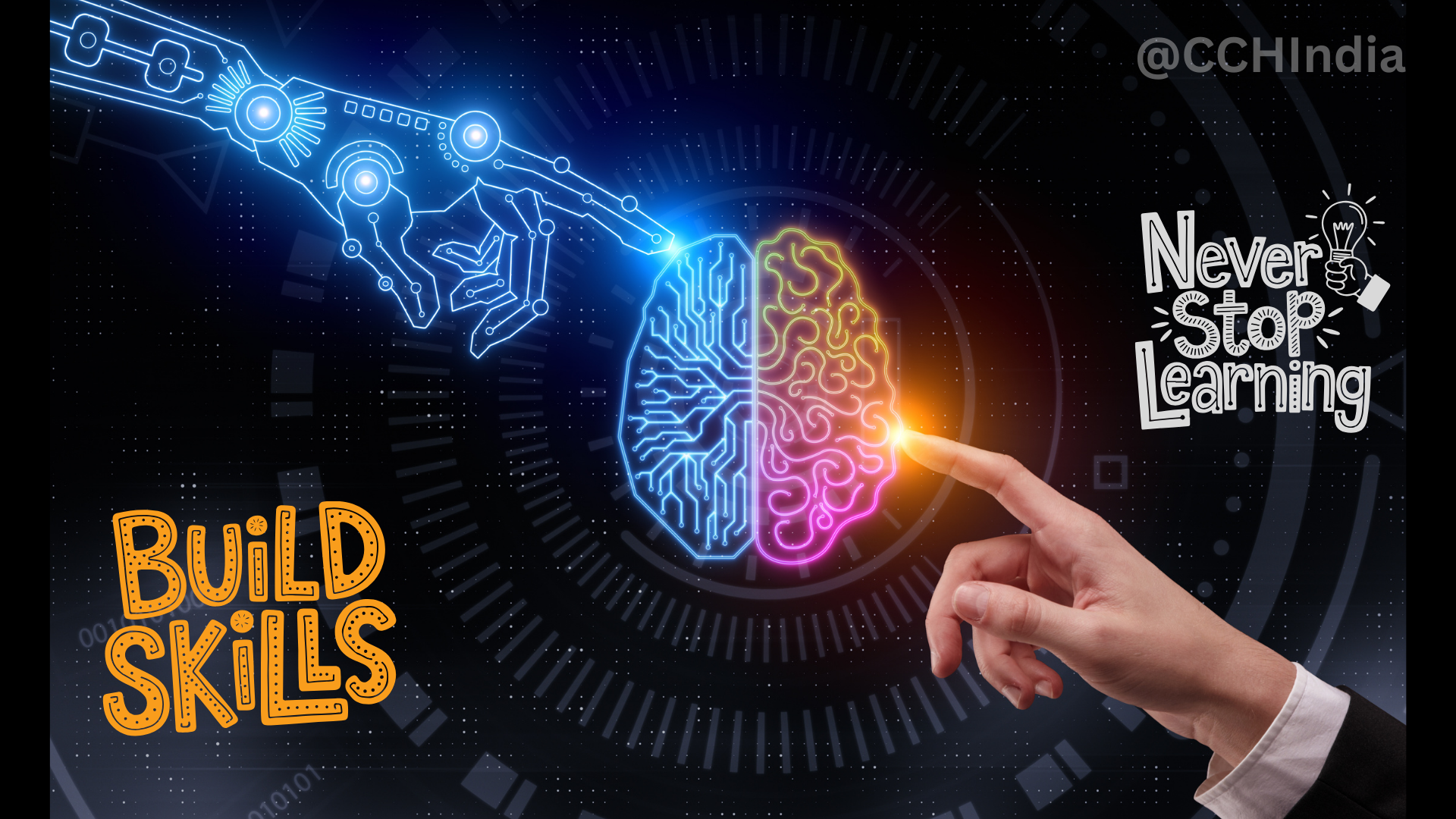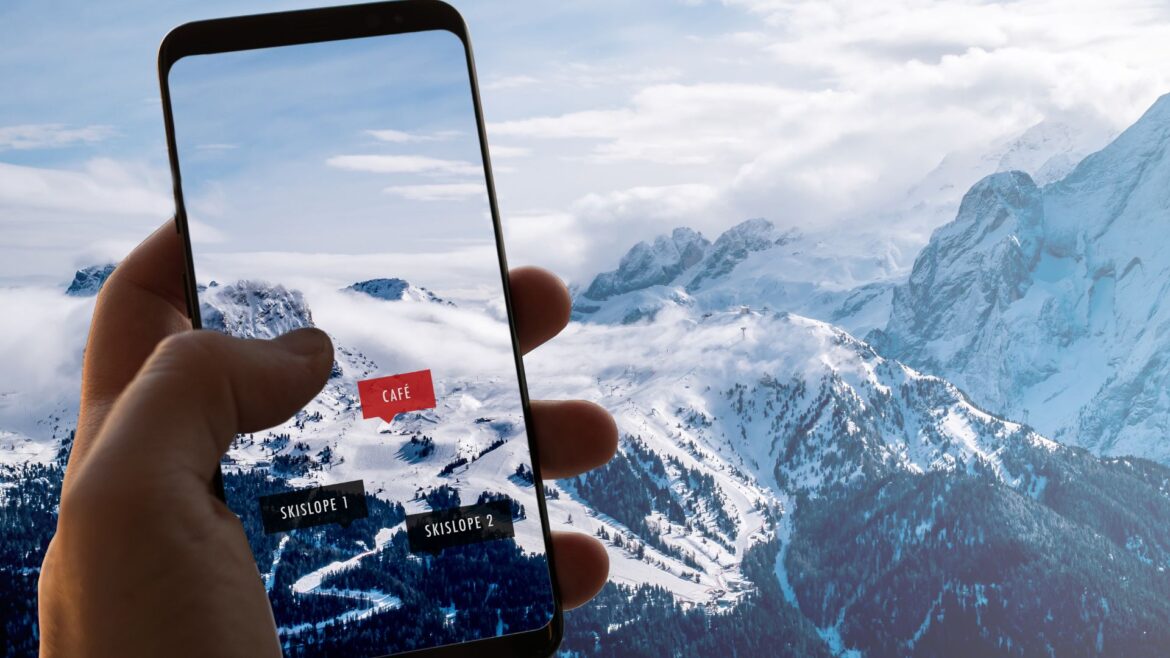Smart Homes in 2025: What’s Actually Worth the Money?
Discover the best smart home gadgets in 2025 that truly add value. Learn which innovations are worth your money for comfort, security, and energy savings.

Japan develops world-first artificial womb to support embryos outside the uterus—what it means for neonatal care, ethics, and the future of birth
Table of contents [Show]
Japanese scientists have engineered a real-life “exowomb”—a sterile fluid-filled biobag that mimics amniotic conditions, provides oxygen and nutrients via an artificial umbilical circuit, and can sustain embryos for extended periods . This surpasses previous partial systems used in lamb models.
While promising results on goat and potentially human embryos have been shown, researchers emphasize this is still preclinical. Widespread use—whether for neonatal care or “ectogenesis” (full external gestation)—will require 10–15 years of further development and major ethical, legal, and safety frameworks
Amid declining population and low birthrates, Japan's coronavirus challenge has sparked biomedical innovations—including this artificial womb—to counter maternal health risks and revolutionize fertility care
Conclusion
Japan’s fully functional artificial womb marks a historic leap—from incubating premature animals to potentially beginning life entirely ex utero. Though human application lies years ahead, the pathway to redefining birth has truly begun.

Discover the best smart home gadgets in 2025 that truly add value. Learn which innovations are worth your money for comfort, security, and energy savings.

Discover the top skills you need to build now for a successful career in 2026. Learn about AI literacy, creativity, communication, and future workplace trends.

Discover 2025’s biggest startup success stories — from AI breakthroughs and climate innovations to fintech, healthcare, and rapid-delivery disruptors. Explore the top startups that scaled fast, reshaped industries, and defined the future of entrepreneurship in 2025.

Augmented Reality (AR) is becoming increasingly ubiquitous, shaping industries across the globe, including tourism.

